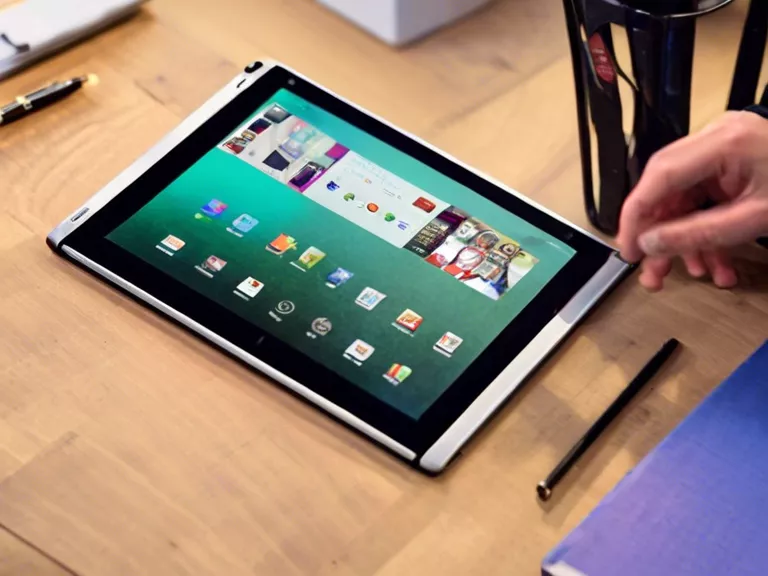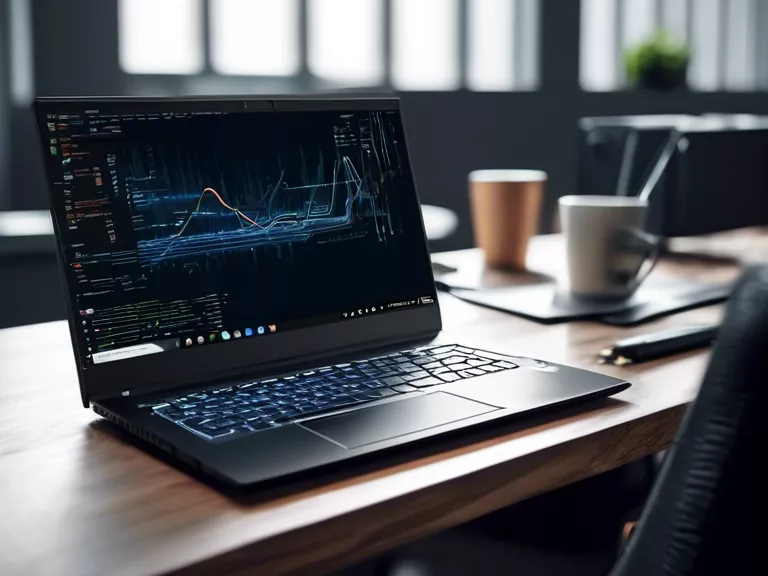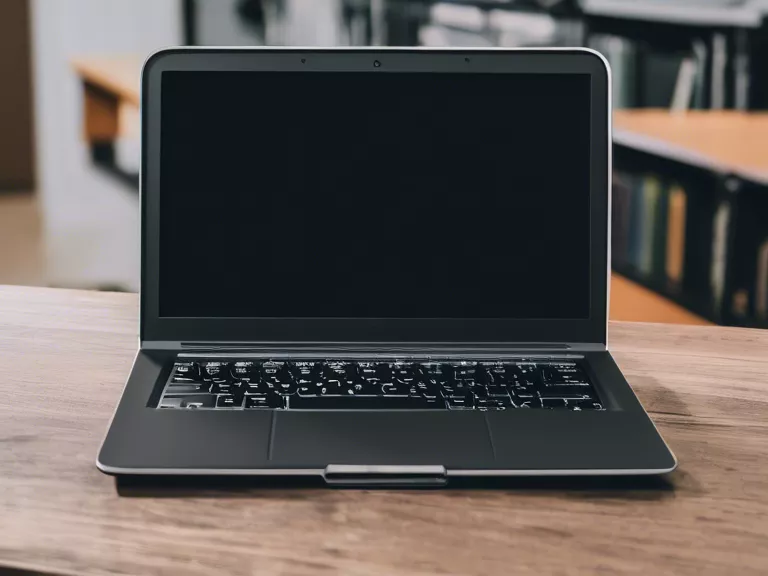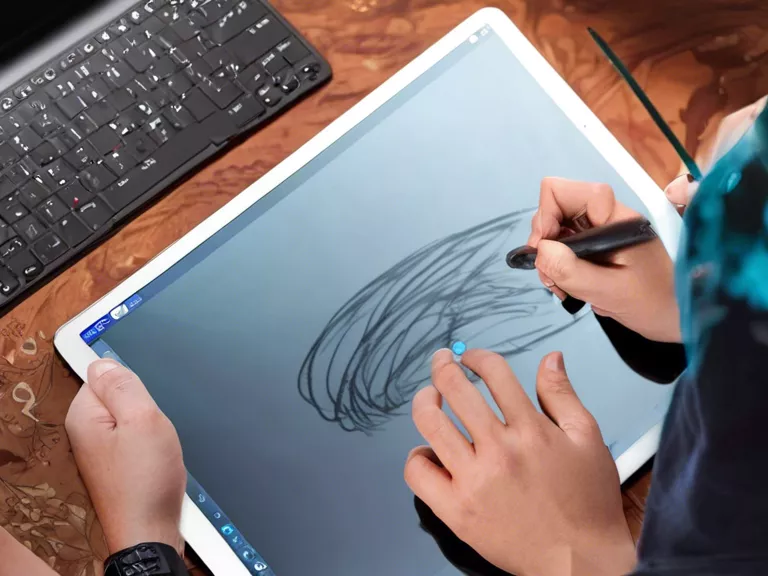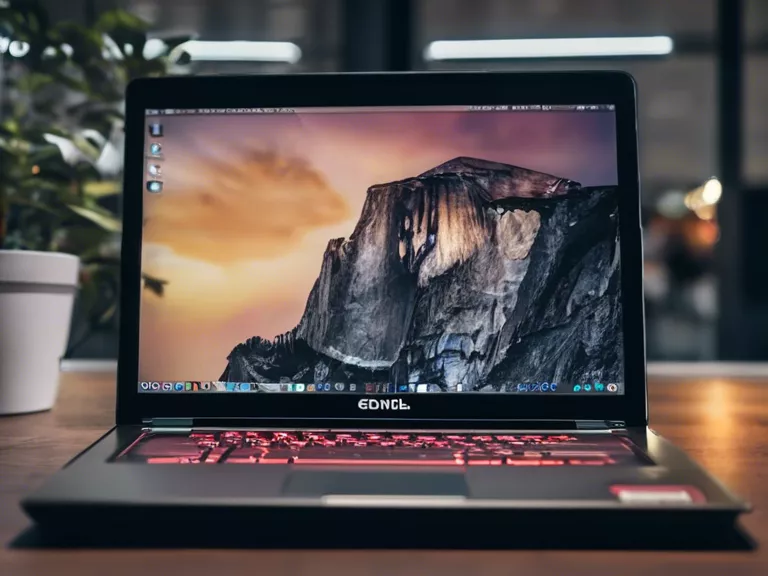
How to fix common laptop performance issues like slow boot times
Laptops are essential tools for work, school, and entertainment. However, as they age, they may start to exhibit performance issues like slow boot times. If you find yourself waiting impatiently for your laptop to start up, there are several steps you can take to improve its performance.
1. Uninstall unnecessary programs
Over time, your laptop may accumulate unnecessary programs that run in the background and slow down the boot process. Go through your list of installed programs and uninstall anything you no longer need or use.
2. Disable startup programs
Many programs are set to launch automatically when you start your laptop, which can significantly delay the boot time. Disable unnecessary startup programs by accessing the Task Manager and managing your startup applications.
3. Clean up your hard drive
A full hard drive can slow down your laptop's performance. Make sure to regularly clean up old files, uninstall large programs you no longer use, and empty the recycle bin to free up space.
4. Check for malware
Malware or viruses can cause your laptop to slow down or behave erratically. Use a reputable antivirus program to scan your laptop for threats and remove them if any are found.
5. Upgrade your hardware
If your laptop is still slow despite trying the above steps, it may be time to upgrade your hardware. Consider adding more RAM, replacing your hard drive with a solid-state drive (SSD), or upgrading to a faster processor to improve performance.
By following these tips, you can help improve your laptop's performance and reduce slow boot times, allowing you to get back to work or play without unnecessary delays.
